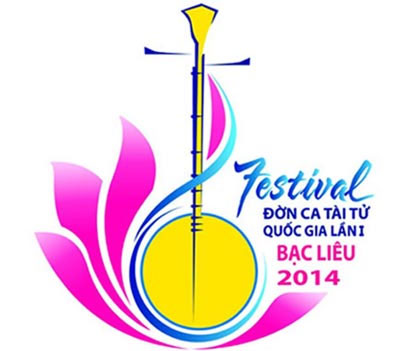The first national festival of “Don ca tai tu”, the musical art that UNESCO has recognised as intangible cultural heritage, officially opened in the southern province of Bac Lieu on April 24 with the participations of artists from 21 provinces and cities in the region.

The highlight of a series of activities held on the festival’s first day were performances of “ Don ca tai tu” at the Ho Nam eco-tourism site in Bac Lieu city.
Meanwhile, a tourism and trade fair was held introducing the specialties of regional localities. The host Bac Lieu brought traditional farm products, including rice and seafood, to display at the event, which will run until April 29.
A six-day exhibition on ornamental trees and a food festival are also taking place during the festival.
The national “Don Ca Tai Tu” festival is scheduled to be held triennially across southern provinces in turn.
Known as a musical art that has both scholarly and folk roots, “Don ca tai tu” developed in southern Viet Nam in the late 19th century. The impromptu art honours the creativity and artistry of the performers.
UNESCO recognised the art as intangible cultural heritage on December 5 during the eighth session of the Intergovernmental Committee for the Safeguarding of the Intangible Cultural Heritage in Baku, Azerbaijan.
Influenced by other forms of cultural heritage from the central and southern regions of Viet Nam, such as “nhac le” (ceremonial music) and “hat boi” (classical theatre and folk singing), the music genre was added to the National List of Intangible Cultural Heritage in 2012.